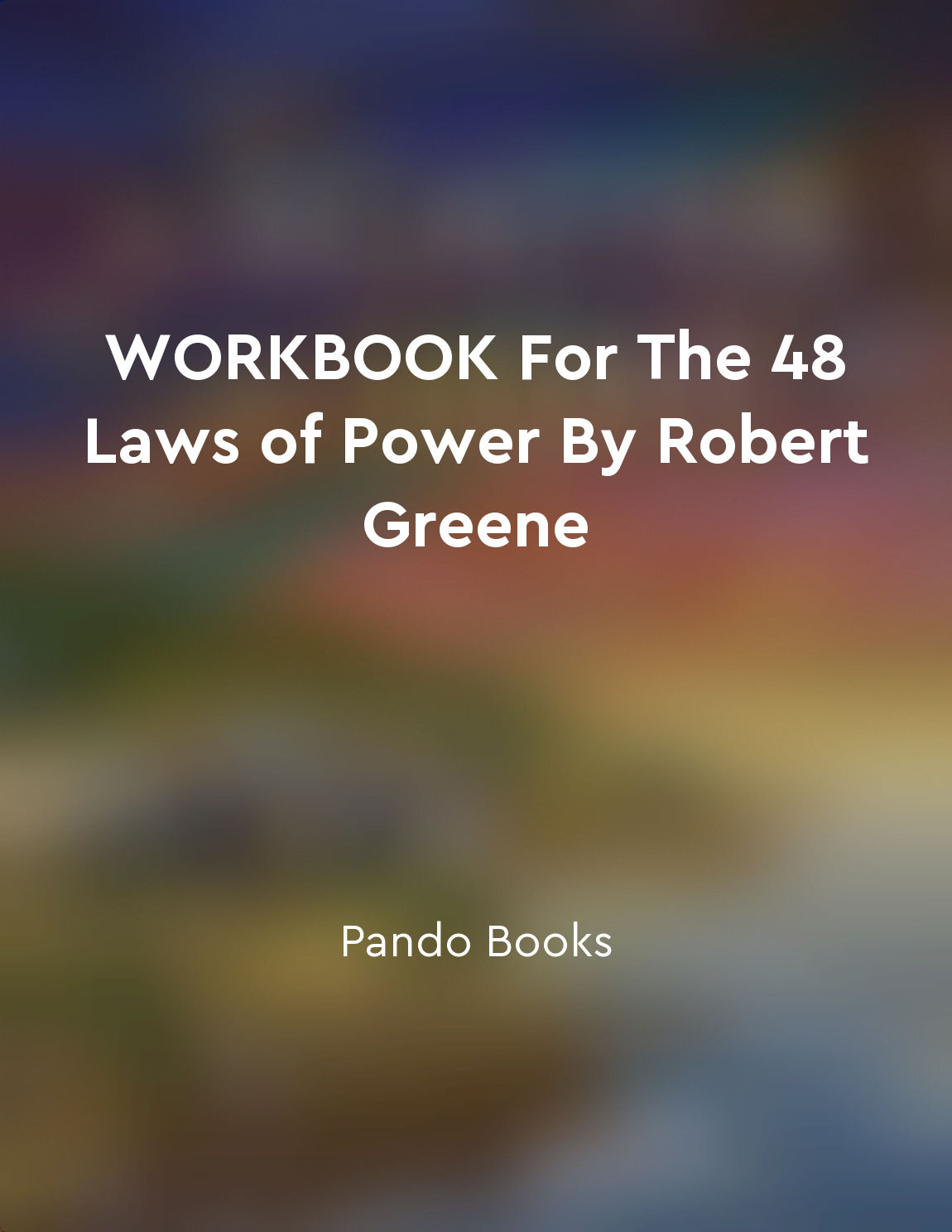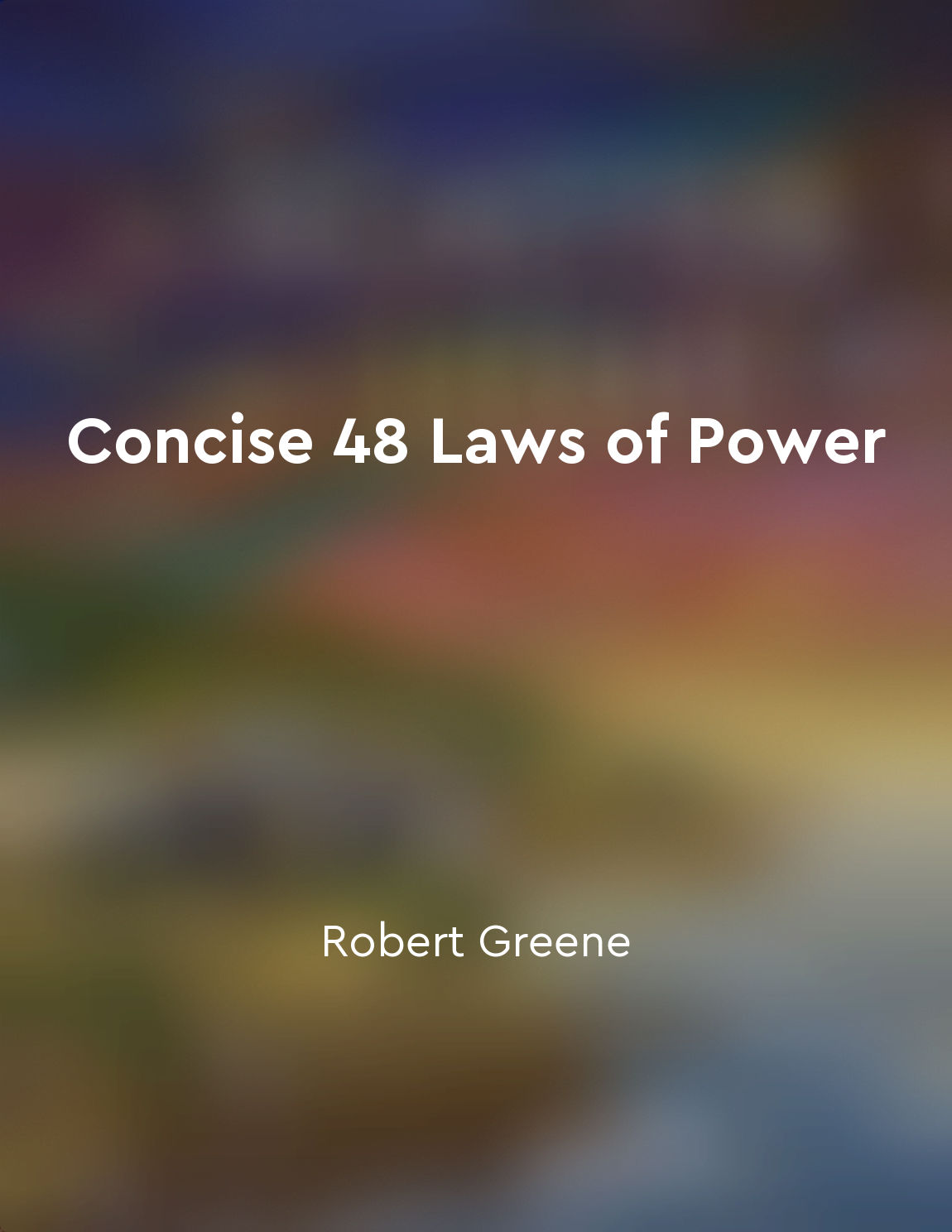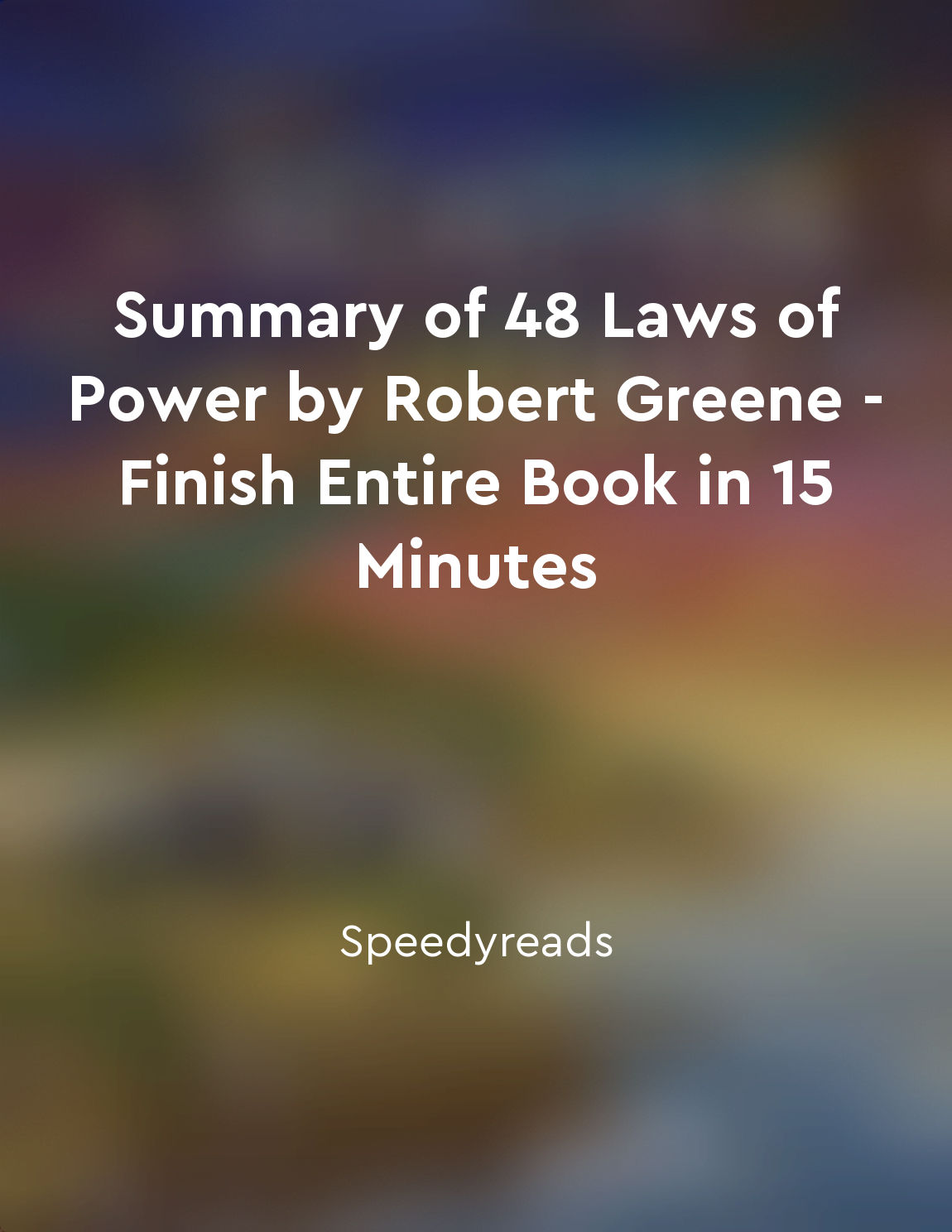Power separation from "summary" of Indian Polity and Constitution Book by Mocktime Publication
Power separation is a fundamental principle of a democratic system of governance. It involves the division of governmental powers into three distinct branches - the legislature, the executive, and the judiciary. Each branch is assigned specific functions and responsibilities, and no branch is allowed to encroach upon the powers of the other branches. This separation of powers is essential to prevent any one branch from becoming too powerful and potentially abusing its authority. The legislature is responsible for making laws. It is composed of elected representatives who debate and pass legislation that reflects the will of the people. The executive branch, headed by the Prime Minister or President, is responsible for implementing and enforcing the laws passed by the legislature. It also oversees the day-to-day administration of the government. The judiciary, on the other hand, is responsible for interpreting the laws and ensuring that they are applied fairly and impartially. It acts as a check on the other branches to ensure that they are acting within the limits of the law. The concept of power separation is enshrined in the Indian Constitution. The Constitution clearly delineates the powers and functions of each branch of government to prevent any one branch from dominating the others. For example, the President is the head of the executive branch but is also subject to the authority of the legislature and judiciary. The judiciary has the power of judicial review, which allows it to strike down laws that are deemed unconstitutional. Power separation helps to maintain a system of checks and balances in government. Each branch acts as a check on the powers of the other branches, preventing any one branch from becoming too powerful. This system ensures that no single individual or group can exercise unchecked authority, thus protecting the rights and freedoms of the people.- Power separation is a crucial aspect of a democratic system of governance. By dividing governmental powers among the legislature, executive, and judiciary, it helps to ensure that government functions effectively and that the rights of citizens are protected. It is an essential safeguard against tyranny and abuse of power.
Similar Posts

Individual choice is essential
The freedom to choose is a fundamental aspect of human existence. It is through the exercise of individual choice that we expre...
Power can be gained through building alliances and networking
In the world of power dynamics, the ability to build alliances and network effectively can be a potent tool for gaining power. ...
The systems in place to monitor power must be strong and effective
The monitoring of power is a critical task that should not be taken lightly. To ensure that those in positions of power do not ...

Avoiding unnecessary confrontations
In order to maintain power and control, it is crucial to be strategic about when and how to engage in confrontations. Unnecessa...

Create a sense of obligation in others to manipulate them
To control people, you must make them feel obligated to you. This sense of obligation will give you power over them, as they wi...
Conflict resolution requires persistence
Successfully resolving conflicts often requires a great deal of persistence. This is because conflicts are rarely easily resolv...

Avoid the unhappy and unlucky
It is crucial to keep your distance from those who are perpetually miserable and unfortunate. These individuals have a tendency...
Democracy is a continual work in progress
Jean Bethke Elshtain argues that democracy is not a static entity that can be achieved and then left alone to flourish indefini...

Attorney General of India
The Attorney General of India is the highest legal officer of the Government of India. He is the chief legal advisor to the Gov...

